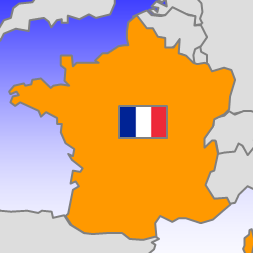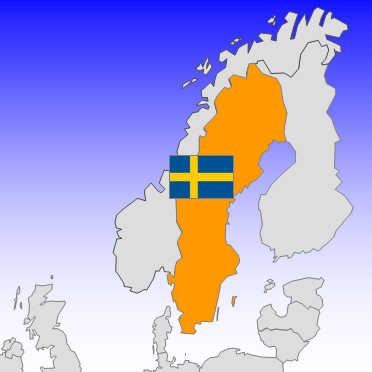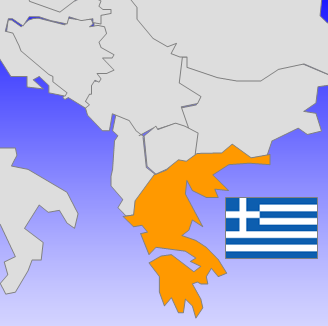The 2014 EP Elections across Europe
-

France: the historic victory of the Front National
Luana Russo France went to the polls on Sunday 25th May[1].…
-

Sweden: an escape from mainstream parties
Nina Liljeqvist In the 2009 European elections, Swedish voters favoured government…
-

Greece: Historic Change or Alarm Bell?
Konstantinos Athanasiadis The elections of the 25th May in Greece were…